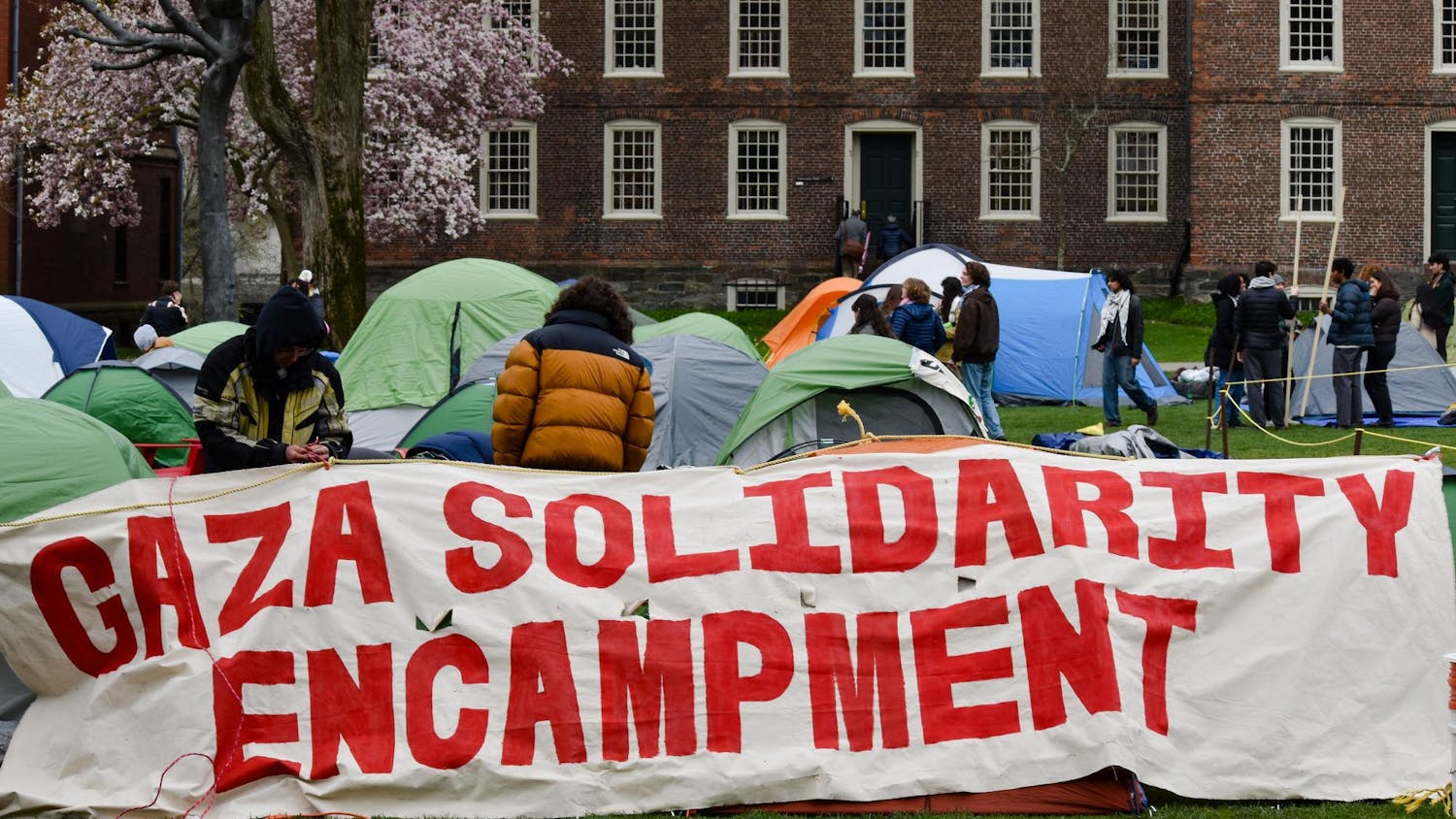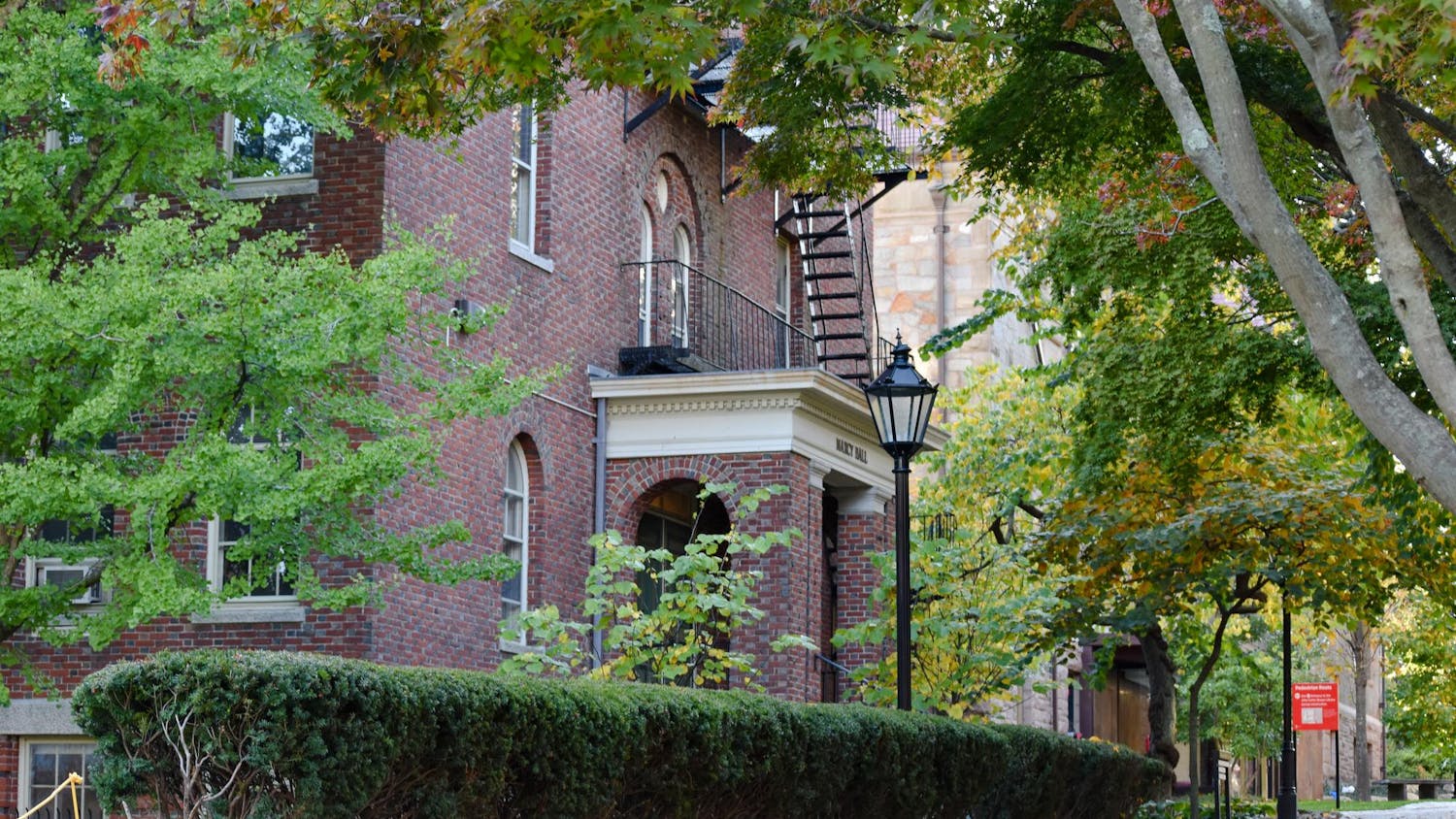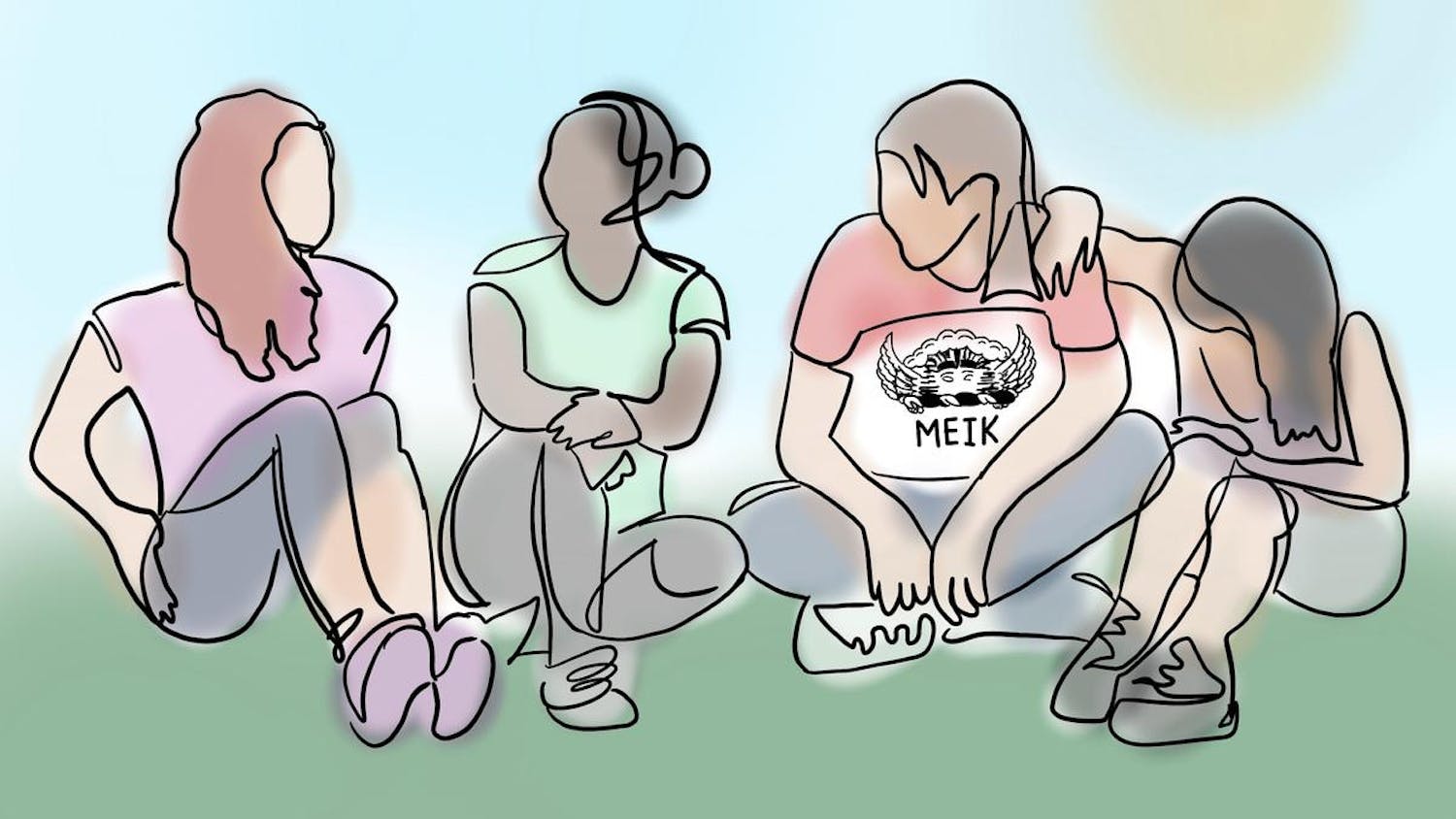Cadence Willse GS and Prabhdeep Kehal GS are the first graduate fellows to join the Swearer Center for Public Service’s new two-year program in Community Engaged Scholarship. Under the guidance of Georgina Manok MPA’16, the Swearer Center’s program manager for research and assessment, and Mathew Johnson, the Swearer Center’s executive director, they are studying how universities can impact the communities around them.
“We’re really thinking about social innovation and community engagement as not two disparate ideas but (rather) how social innovation can be embedded in community engagement,” Willse said.
Willse and Kehal study how to form student and community partnerships that go beyond just monthly volunteering, Willse said. Their research examines how the University can build a “sustained partnership” with “community members that is both reciprocal and deep, rather than just spontaneous volunteer efforts,” she added.
The fellows — both in their second semester of the program — spent this past fall writing a paper on how knowledge leaves universities for the broader community. “How can we make sure that we’re not just exporting this knowledge without any sort of engagement with the community?” Kehal said.
According to Manok, the fellowship is the only space at the University devoted to the study of higher education. “It’s a great opportunity for students to learn, to do research, to get funding (and) to also be involved in community engagement at Brown and beyond,” she said.
The Swearer Center hopes to continue and expand the program over the coming years, Manok said.
Willse and Kehal come to the program from different backgrounds but form an excellent team, they said. Kehal is a doctoral student in sociology focusing on higher education while Willse is a doctoral student in political science studying K-12 public education in the United States.
Their next project will ask why students in higher education disengage from community work. Many students engage with their communities in high school but stop during college, Kehal said. “It’s a pretty sizable chunk of people who stop,” they said. “What are the main factors that lead to students’ disengagement?”
Kehal said they feel it is important to remember that much of academia claims to believe in community engagement but does not practice it. They believe a professor studying social engagement should approach their job with the hope of one day seeing constant and meaningful community engagement.
“I don’t think other people have that same thought when they want to be professors or when they study social inequality,” Kehal said. “And I think that’s a problem because that means you’re invested in social inequality.”





